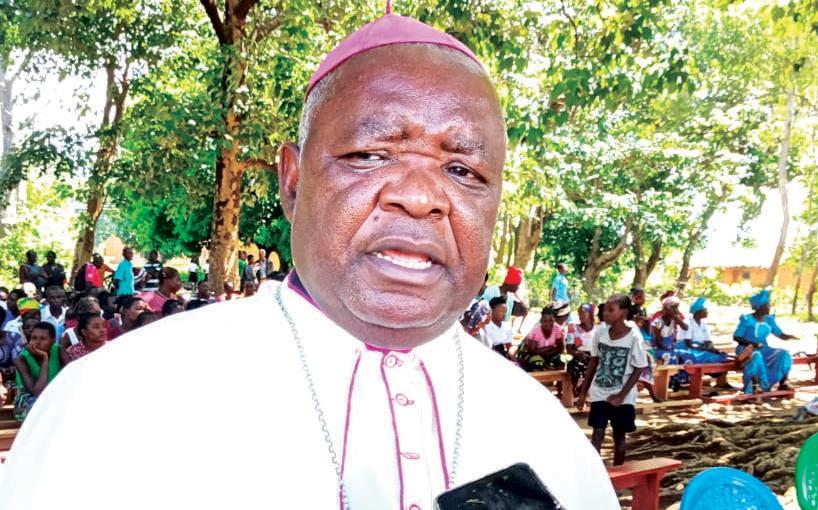Africa-Press – Malawi. Malawi continues to face high levels of inequality, with the bottom half of Malawi’s population holding just 15 percent of national income, the same share as the top one percent, while the top 10 percent control half of all income.
This is according to the Commitment to Reducing Inequality Index Malawi County Profile 2025 launched in Lilongwe Thursday.
The launch was supported by NCA-DCA, Oxfam, Save the Children and the Malawi Economic Justice Network (Mejn) as part of the fight against inequality.
The report says wealth inequality is even starker, with the bottom half owning just 4 percent of total wealth while the top 10 percent holds 61 percent.
In the 2024 Commitment to Reducing Inequality (CRI) Index, Malawi ranks 117th globally and 9th in Southern Africa.
According to the report, Malawi ranks third from the bottom in the region for public services, performing poorly globally and within sub-Saharan Africa due to underfunding of education, health and social protection and, crucially, weak coverage of these services.
“To fight inequality, more can be done to raise revenues to invest in health, education, and social protection,” the report says.
Bertha ChikadzaDelivering a keynote address during the launch, Economics Association of Malawi President Bertha Bangara Chikadza described the report as a magnifying glass.
“Today we gather here not to admire numbers, but to answer a question that echoes across every household, every hungry child, and every forgotten village: When will Malawi finally rise for all Malawians, not just the few?” Chikadza said.
Chikadza added that public debt now consumes K 2.1 trillion, which flows to foreign creditors while 5.7 million Malawians face starvation.
Commenting in the report, Mejn Board Chairperson Bishop Martin Mtumbuka said Malawi’s tax system remained deeply unjust.
“This is not only an economic issue but a moral one. A system that punishes the poor and protects the privileged cannot be called just. Taxation should be a tool for building fairness, dignity, and opportunity not a mechanism that deepens inequality,” Mtumbuka said.
For More News And Analysis About Malawi Follow Africa-Press






